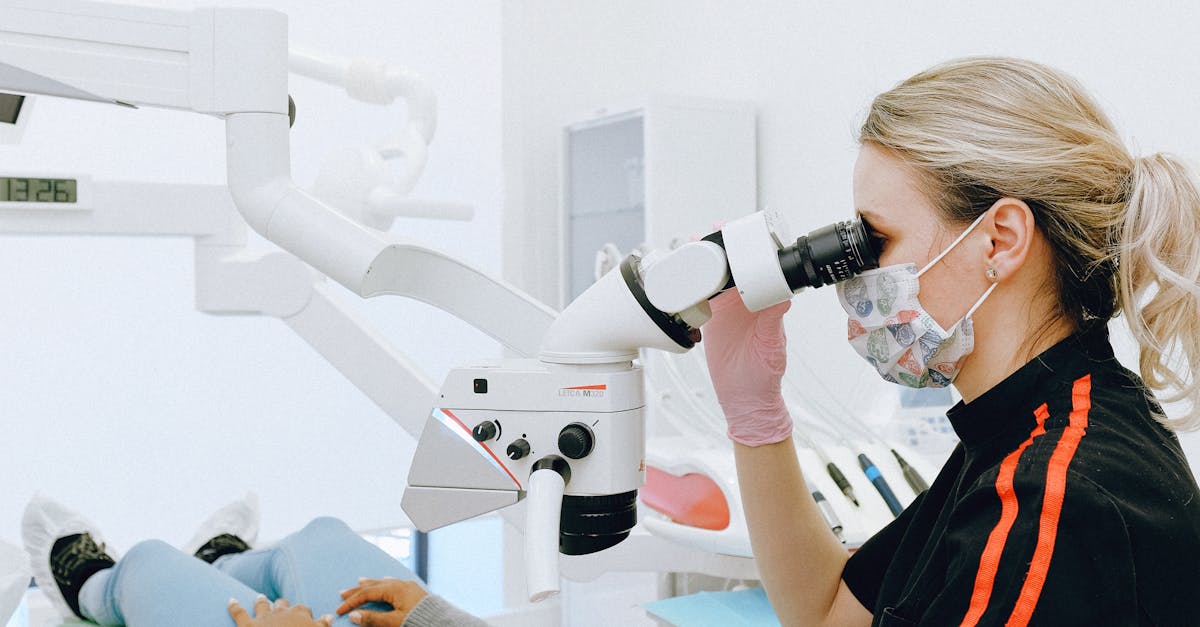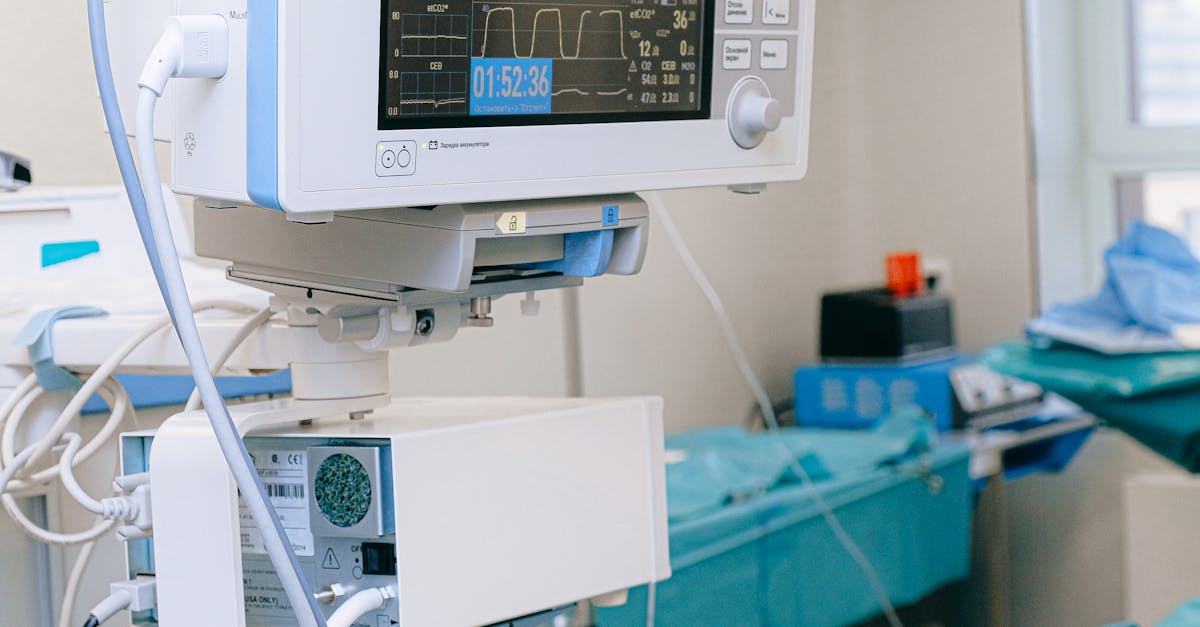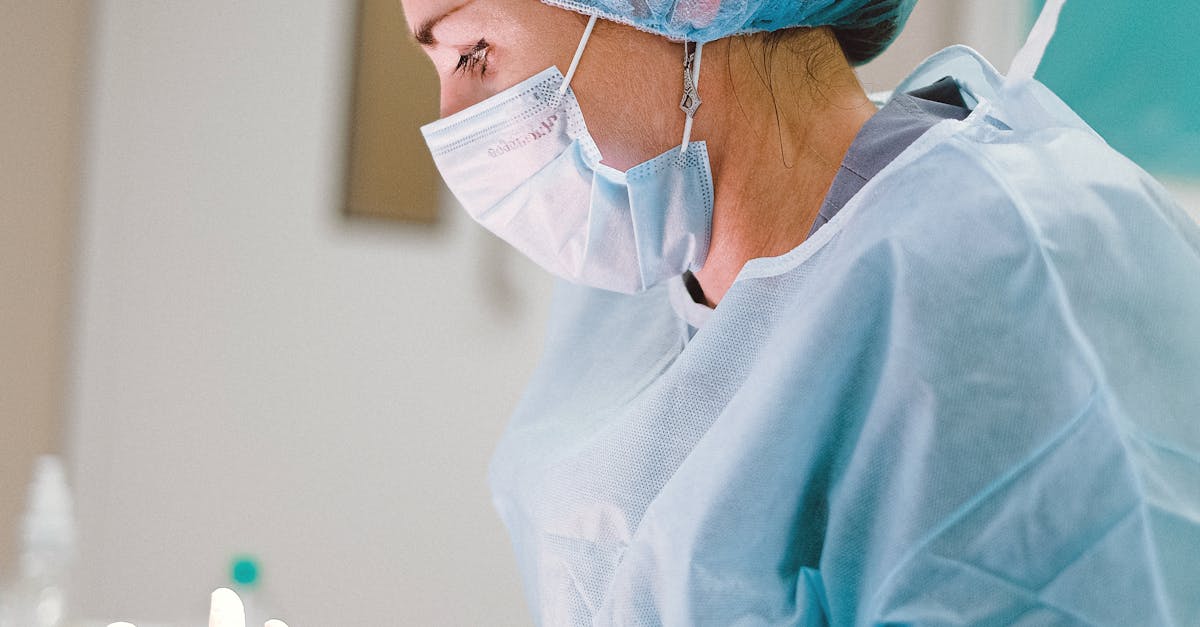
Periodontal Surgery
Table Of Contents
Boise Dental Implant offers expert periodontal surgery services to address various gum-related issues such as gum disease and tissue damage. Our highly skilled periodontists use state-of-the-art techniques and equipment to provide effective treatment and restore oral health. From gum grafting to pocket reduction surgery, our team is dedicated to delivering personalized care and achieving optimal results for each patient. We prioritize patient comfort and satisfaction throughout the entire process, ensuring a positive experience from consultation to post-surgery follow-up. Trust Boise Dental Implant for top-quality periodontal surgery services that will help you achieve a healthier smile.
What to Expect During Periodontal Surgery
When undergoing periodontal surgery, it's important to be prepared for what to expect during the procedure. Typically, before the surgery begins, a local anesthetic will be administered to numb the area being treated. The surgeon will then carefully clean the gums and teeth before making incisions to access the affected tissues. During the surgery, you may feel some pressure or tugging sensations, but rest assured that the process is designed to improve your oral health in the long run.
As the surgery progresses, the periodontist will work diligently to remove any damaged tissue or bacteria buildup. Depending on the extent of the gum disease, various techniques such as flap surgery or bone and tissue grafts may be employed to restore the health of your gums and teeth. Throughout the procedure, the surgical team will closely monitor your comfort level and overall well-being to ensure a successful outcome. Trust in the expertise of your periodontist and follow their post-operative instructions diligently for optimal healing.
How Long Does a Typical Periodontal Surgery Procedure Last?
The duration of a typical periodontal surgery procedure can vary depending on the extent of the gum disease and the specific treatment plan outlined by the periodontist. On average, a single session of periodontal surgery can last anywhere from one to two hours. This timeframe includes the time required for anesthesia to take effect, the actual surgical procedure, and any post-operative care instructions that need to be given to the patient.
Factors such as the complexity of the gum disease, the number of teeth involved, and the type of periodontal surgery being performed can all influence the length of the procedure. Some cases may require multiple sessions to complete the full treatment, while others may be resolved in a single visit. It is essential for patients to discuss the anticipated duration of their specific periodontal surgery with their periodontist beforehand to have a clear understanding of what to expect during the procedure.
Aftercare Tips for Periodontal Surgery
After undergoing periodontal surgery, proper aftercare is essential to ensure successful healing and long-term oral health. Your dentist or periodontist will provide you with specific instructions tailored to your procedure, but there are some general tips to keep in mind. Firstly, it's crucial to follow a soft diet for the first few days post-surgery to avoid any irritation or damage to the surgical site. Opt for easy-to-chew foods like yogurt, mashed potatoes, or smoothies to make eating more comfortable.
Additionally, maintaining good oral hygiene is key during the recovery period. While you should avoid brushing near the surgical site for the first 24 hours, gentle oral rinses with salt water can help keep the area clean and reduce bacteria buildup. Be sure to adhere to any prescribed medication to manage pain and prevent infection. Lastly, attending follow-up appointments as scheduled is important for your healthcare provider to monitor your progress and address any concerns promptly.
How Can I Speed Up the Healing Process After Surgery?
After undergoing periodontal surgery, it is crucial to prioritize your healing process to ensure a smooth recovery. To expedite healing, follow your dentist's post-operative instructions diligently. This may involve maintaining good oral hygiene practices, utilizing prescribed medications, and attending follow-up appointments as recommended. By closely adhering to these guidelines, you can promote optimal healing and minimize the risk of complications.
Additionally, adopting a nutrient-rich diet can significantly aid in the healing process. Foods rich in vitamins C and E, as well as minerals like zinc, can help boost your immune system and support tissue regeneration. Avoiding tobacco products is also essential, as smoking can impair blood flow and hinder the body's ability to heal. Ensuring you get plenty of rest and managing stress levels can further enhance your body's ability to recover efficiently after periodontal surgery.
Cost of Periodontal Surgery
The cost of periodontal surgery can vary depending on various factors. The complexity of the surgery, the extent of the gum disease, and the specific treatment needed all play a role in determining the overall cost. Additionally, the experience and expertise of the periodontist, as well as the location of the dental practice, can influence the cost of the procedure. It is essential to consult with your periodontist to get a detailed breakdown of the costs involved in the surgery, including any potential additional fees for post-operative care or follow-up appointments.
Some dental insurance plans may cover a portion of the cost of periodontal surgery, but coverage can vary widely. It is advisable to check with your insurance provider to understand your coverage and any out-of-pocket expenses you may incur. For those without dental insurance, some periodontists offer financing options or payment plans to help make the cost of surgery more manageable. Ultimately, investing in periodontal surgery is an investment in your oral health and overall well-being, as untreated gum disease can lead to more serious health complications down the line.
What Factors Influence the Cost of Periodontal Surgery?
The cost of periodontal surgery can vary depending on several factors that influence the overall price of the procedure. One significant factor is the extent of the treatment needed. More severe cases of periodontal disease may require more intensive procedures, resulting in higher costs. Additionally, the specific type of periodontal surgery being performed will also play a role in determining the overall price, as more complex surgeries tend to be more expensive than less invasive procedures.
Another factor that can impact the cost of periodontal surgery is the location of the dental practice where the surgery is being performed. Dental practices in metropolitan areas or regions with a higher cost of living may charge more for their services compared to practices in smaller towns or rural areas. The experience and expertise of the periodontist performing the surgery can also influence the cost, as highly experienced specialists may charge higher fees for their services. Lastly, the type of dental insurance coverage a patient has can affect the out-of-pocket expenses associated with periodontal surgery, with some insurance plans covering a portion of the costs while others may require the patient to pay in full.
FAQS
What is periodontal surgery?
Periodontal surgery is a treatment option for advanced gum disease where surgical intervention is needed to repair the damage caused by the disease.
How do I know if I need periodontal surgery?
Your dentist or periodontist will assess the severity of your gum disease and recommend periodontal surgery if non-surgical treatments have been unsuccessful in treating the condition.
Is periodontal surgery painful?
Local anesthesia is used during periodontal surgery to ensure that the procedure is as comfortable as possible. Some discomfort may be experienced after the surgery, but pain medication can help manage any pain.
How long is the recovery period after periodontal surgery?
The recovery period after periodontal surgery can vary depending on the extent of the procedure. In general, it can take a few weeks for the gums to heal completely.
Can I resume normal activities after periodontal surgery?
It is recommended to avoid strenuous activities and follow post-operative care instructions provided by your dentist or periodontist to ensure proper healing.




